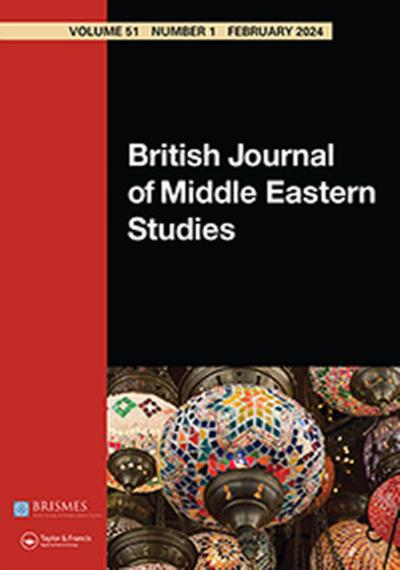Acting as one? Co-ordinating responses to the landmine problems
This article looks at co-ordination within humanitarian mine action (hma), and co-ordination between hma and other humanitarian and development initiatives. The discussion focuses specifically on the role of UN-led Mine Action Centres (macs) and the analysis draws on case studies of Bosnia and Herzegovina and Afghanistan. A contention throughout is that macs often employ a rigid approach to co-ordination. This constricts the flexibility of mine action organisations, limits the development of creative initiatives and poses a barrier to co-ordination between hma and other humanitarian initiatives. A second point pursued is that co-ordination arrangements are embedded in a broader institutional context, and this context has in turn the potential to impact on co-ordination. The analysis presented here suggests a number of implications for hma in general, together with a number of policy considerations. The article concludes by offering some thoughts for the future on the importance of effective co-ordination arrangements both within hma as a sector and between hma and other sectors of humanitarian assistance.
https://doi.org/10.1080/0143659032000132894


